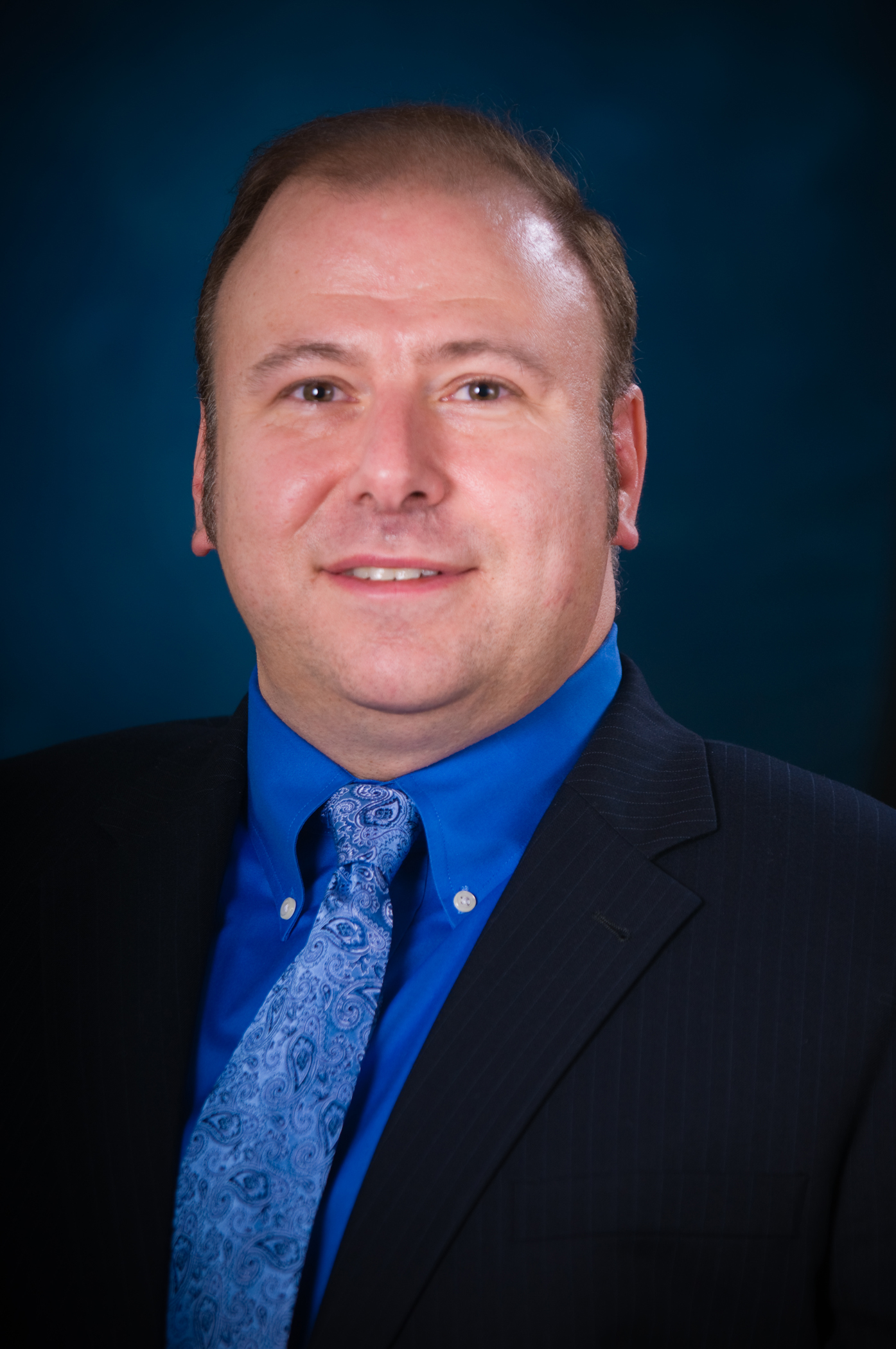"Ask the Expert" articles provide information and insights from MSU scientists, researchers and scholars about national and global issues, complex research and general-interest subjects based on their areas of academic expertise and study. They may feature historical information, background or research findings, or offer tips.
Frank Ravitch, professor of law and Walter H. Stowers Chair of Law and Religion at the Michigan State University College of Law, speaks about the separation of church and state and how the Supreme Court’s recent overturning of Roe v. Wade affects that separation. Ravitch discusses the impact the court justices have had as they overturned a variety of precedents, and how this has affected the world’s view of the court’s decision-making. Finally, he elaborates on how this could continue to change moving forward.
What is the separation of church and state?
Separation of church and state refers to the attempt to keep government from influencing religion and religion from influencing government to the greatest extent possible — given the complexities of both.
What can you tell us about the history of the separation of church and state?
There are two historical views of separation. One is the Jeffersonian view, which is that separation protects government from undue influence by religion. The other view is one that a lot of people associate with Roger Williams, which is that separation protects religion from the government.
In addition to these historical views, there’s another view of separation, one that I've written about quite a bit: It’s the idea of separation being a mechanism for protecting religious pluralism. There are many religions in America, and many separate sects within those religions. Separation helps to prevent government from promoting one religion or one sect over the others. That really helps protect religious pluralism so that government can't impose one religion on everyone.
How has the Supreme Court’s overturning of Roe v. Wade challenged this?
This is the first time in modern American history where the court has taken a fundamental right away from people. The court’s overturning of Roe v. Wade means 50 years of precedent has been overturned. I think it's very easy to see that the court is favoring social conservatives, whether intentionally or not, at the expense of many other Americans. I don't think it's a reach to say this is probably the most activist court in modern American history.
What are the long-term impacts of blurring the lines between church and state?
When you overturn precedents that people have come to rely on — particularly fundamental precedents like Roe v. Wade, and a lot of the establishment clause doctrine that was overturned — the court loses credibility.
If there was any doubt about the court being in some ways a political institution, that doubt is pretty much gone.
I think there are three things we're going to see as a result of the court’s action. First, trust in the court is going to continue to decrease. Second is that the culture wars are going to heat up even more if that's even possible. Third, religious minorities and women are going to be harmed by this.
I think what the court's done recently could lead to court packing. Court packing is the act of increasing the number of judges or justices to change the ideological makeup of the court. The problem with court packing is that it invites even more packing as congressional and presidential power shifts between opposing political parties, with each determined to establish majority justice support for its preferred ideology. And that sort of rapid ideological see-sawing would be even worse for public trust in the court in the long run.
